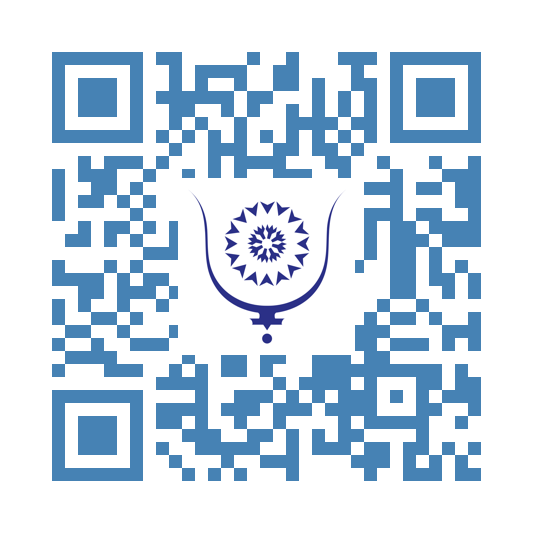Moroccan Tourism in 2025: Spectacular Growth but Persistent Challenges
257
Moroccan tourism has been experiencing a very favorable phase since 2024. Tourism revenues reached nearly 50 billion dirhams in the first quarter of the current year, confirming a robust recovery after the global health crisis. This upswing is the result of a combination of factors that can be analyzed from several perspectives.
Certainly, the gradual lifting of health restrictions worldwide enabled a massive return of international visitors, particularly Europeans, but also travelers from other regions of the globe. With its unique cultural richness, history, lively medinas, diverse landscapes ranging from the Atlas Mountains to the Atlantic and Mediterranean beaches, sunshine, colors, unparalleled craftsmanship, refined cuisine, and the warmth of Moroccans—their smiles, their ability to quickly connect with others, and their tolerance—the Kingdom has managed to attract clientele seeking authentic and varied experiences. After two difficult years, this strong recovery reflects renewed tourist interest in the destination.
According to the government, the rise of the tourism sector is linked to a strategy and sustained policy of investment in infrastructure: world-class hotels, improved transport networks, airport modernization, and expansion of air routes. These efforts have undoubtedly significantly enhanced the country’s accessibility as well as visitor comfort and security, all now essential elements to remain competitive in a highly competitive international market.
The Kingdom has also heavily invested in its global visibility through well-calibrated promotion campaigns, regular presence at major international trade shows, and strategic partnerships with key tourism players. This well-thought marketing strategy has attracted a diverse clientele, amplifying the effect of a strong national brand.
Developing the tourism offer plays a crucial role in this dynamic. In addition to traditional cultural and seaside getaways that the country is famous for, Morocco is now focusing on growing segments: adventure tourism, desert trekking, extreme sports, ecotourism, national parks, protected areas, and cultural events, international festivals, and exhibitions. This diversification aims to attract different tourist profiles year-round and avoid excessive seasonality.
The exceptional event of the 2022 FIFA World Cup, through the performance of the Moroccan national team and the enthusiastic support of its supporters in the stadium and the streets of Doha, had an amplifying effect on the country’s global visibility and image. This competition put Morocco on the international tourism map, attracting a significant influx of visitors and creating immediate spotlight on its attractions. As a direct result, Morocco exceeded in 2024 its initial target of 17.5 million tourists planned for 2026—a remarkable achievement.
However, without contesting the announced figures, this bright spot should not mask certain challenges. A closer look at the statistics reveals a different reality. A significant portion of recorded tourists, about 50%, are Moroccans residing abroad (MRE), who visit mainly for family reasons rather than tourism linked to government strategies. It should not be overlooked that these same MRE often denounce recurring problems, foremost among them the high cost of air transport with Royal Air Maroc, which is heavily subsidized by public funds. Price gouging in hotels and restaurants, especially in summer, is also widely criticized. These difficulties impact the retention of international visitors as well, as return rates are very low. The fact that operators at all levels impose exorbitant price increases during peak season tarnishes the country’s image and discourages visitors.
Staying in Morocco is abusively expensive for unclear reasons.
Indeed, few tourists return multiple times after their first visit. This raises questions about the quality of the customer experience and the destination’s competitiveness.
Excluding MRE and visitors traveling for professional reasons, the number of foreigners visiting Morocco by deliberate choice is therefore not that high. This calls into question the efficiency of the very large subsidies granted to the sector and, above all, the effectiveness of the promotional campaigns.
The Ministry of Tourism and the National Tourism Office attribute the recorded success to their proactive policy, but the reality shows that this growth largely relies on the emotional attachment of the MRE, a factor less controllable by public authorities.
Will the post-World Cup momentum and the goodwill generated be sustained over the long term?
It is difficult to precisely gauge how much of the upswing is due to the World Cup context and what the real impact of public policies is, especially subsidies and aid allocated to the sector. This impact, however, cannot be ignored.
To maintain the course and ensure sustainable growth of the sector, it is essential that Morocco continues and deepens its efforts: ongoing investments and innovation in the tourism offer. However, the major urgent challenge remains controlling the outrageous costs for visitors. The government’s silence on this issue risks hurting the sector badly. The summer sunshine is too expensive. It is time for the entire industry to stop acting like predators, and for scams and extortion to be forever banned quickly.
Another key challenge is integrating sustainable development policies to preserve natural and cultural resources within the broader framework of inclusive development across all regions of the country. It is also imperative to include citizen awareness and education in this vision. Polluted or neglected beaches and sites, annoying incivility, and inappropriate behaviors are additional challenges to be addressed.
Tourism must remain one of the major engines of Morocco’s economy, generating jobs and wealth while enhancing the country’s international standing.
Still, we shall wait until the end of the campaign to make a final judgment, especially on the trajectory of the numbers and the effectiveness of measures announced in the sector’s development strategy, and above all to draw the necessary lessons.
Share:
Moroccan Tourism in 2025: Spectacular Growth but Persistent Challenges
copy:
https://bluwr.com/p/302091841



